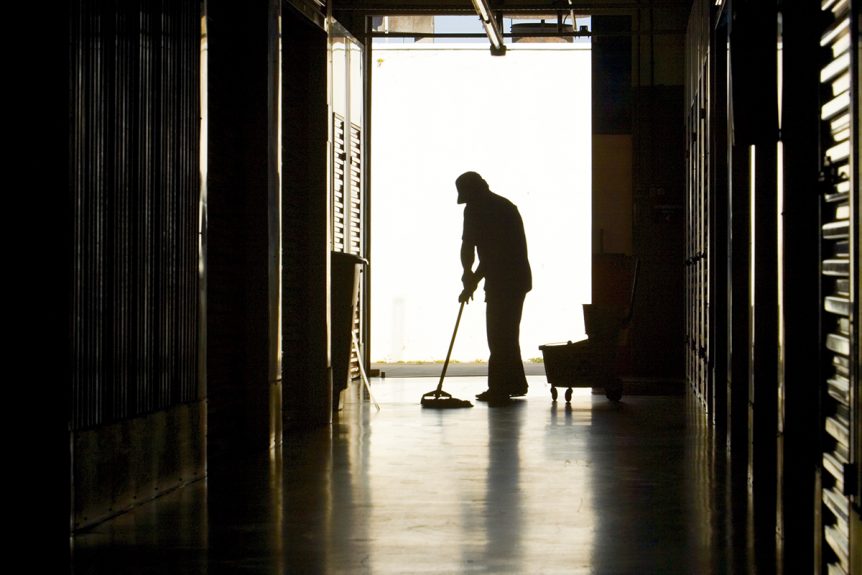The dream of an enjoyable retirement has become unattainable for many seniors with limited resources and mounting health problems. In fact, the number of working seniors has doubled since 1990; increasingly, they can’t afford to retire as they struggle to pay rent and escalating bills. Many fear losing employer-provided health insurance. For low to moderate income individuals over 65, Social Security benefits account for 84% of their income, and only 12% of all seniors receive pensions. And with the high cost of living in New York City and Westchester, Social Security benefits aren’t enough to help seniors meet financial obligations.
Seniors deserve our support and respect for the life-long contributions they have made to our communities. Since 2018, our two programs have financially assisted 261 households headed by seniors over 60 years of age, including 84 seniors over 70. Of these working poor seniors, most are now living alone, and 26% are still working. In the last few years, the median income for this group has been $22,410, well below the $27,156 Elder Economic Security Standard promulgated by UMass Boston for New York State seniors renting an apartment. Today, even more income is needed to make ends meet.
Here is how The Bridge Fund helps seniors and those nearing retirement hold on to the housing they may have lived in for many years, close to family and friends:
- Loans and Grants to Pay Rental or Mortgage Arrears along with budget counseling and guidance in applying for public benefits and services. If moving to more affordable housing is necessary, The Bridge Fund helps cover security deposits or the first month’s rent.
- Rent Subsidies Supplement Clients’ Income. About 34% of those who retire before 65 do so for health reasons. Illness will cause still others to work fewer hours for less pay. Even with workers’ compensation or disability insurance benefits, these seniors struggle to make ends meet. The Bridge Fund of New York City provides short-term rent subsidies to those nearing retirement to bridge the gap until Social Security retirement benefits kick in, and they can regain their self-sufficiency.
- Advice & Referrals for Caregivers. According to recent AARP research, 37% of women over 60 are caring for a spouse, while 7% are responsible for children under 18. About 20% of older workers take time off, switch to part-time work, or quit work altogether to care for another adult. Caregivers are spending, on average, nearly 20% of their income on caregiving activities. The Bridge Fund provides intensive budget counseling, benefits assessment and advocacy, and referrals to other supportive social service agencies.
- Allaying Food Insecurity. Malnutrition has been found to affect one in four older Americans living at home and is a factor in half of all hospital admissions of older adults. Cuts to SNAP (Supplemental Nutrition Assistance Program) and food stamps have especially impacted low-income seniors on fixed incomes and food banks are serving more seniors. Our Westchester program has a small food pantry stocked by community supporters where clients can find basic staples to supplement their food needs. In New York City, we work closely with those agencies that offer this service.


